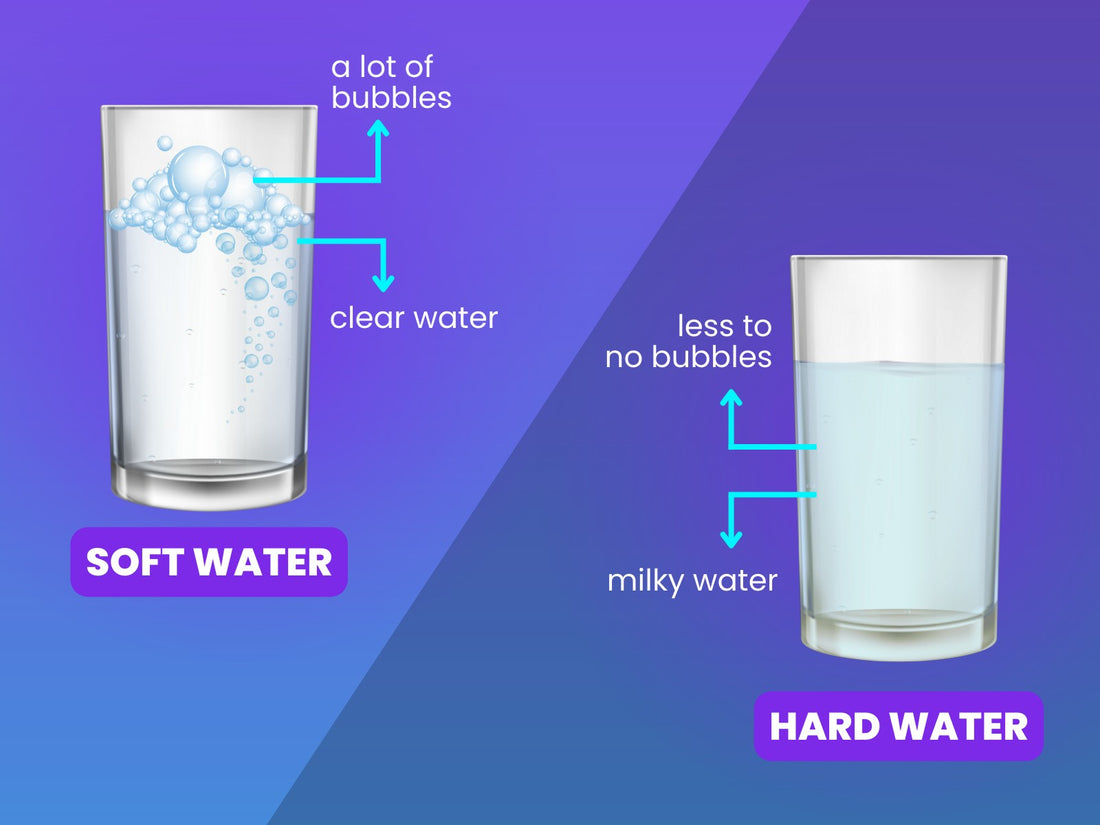Water is essential for our daily needs, from cooking and cleaning to drinking and bathing. However, not all water is created equal. In many regions of the world, water can be classified as either hard water or soft water. Hard water is a common problem in many households, but what exactly is it, and how can it be addressed
What is Hard Water?
Hard water is water that contains high levels of dissolved minerals, such as calcium and magnesium. These minerals come from the rocks and soil that the water passes through before it reaches our taps. The amount of these minerals in the water can vary depending on the location and source of the water.

Effects of Hard Water
The presence of these minerals in hard water can have several effects, both positive and negative. On the positive side, some studies have suggested that the minerals in hard water may have health benefits, such as improving bone density and reducing the risk of heart disease.
However, there are also several negative effects associated with hard water. One of the most noticeable effects is that it can make it harder to get soap to lather and rinse off properly, leaving a residue on dishes, clothes, and surfaces. This can make cleaning more difficult and less effective.

Another common issue with hard water is that it can cause mineral buildup in pipes and appliances, reducing their lifespan and efficiency. This can lead to increased energy bills and the need for more frequent repairs and replacements.
In addition, hard water can be harsh on skin and hair. The hard water reacts with soap and other cleansing products to form a film that can leave a residue on the skin and hair. This film can make it difficult to rinse away dirt and impurities, leading to clogged pores and dry, itchy skin. Hard water can also leave a buildup on the hair, making it look dull, dry, and prone to breakage and hair fall.

Protection from hard-water effects
To mitigate the effects of hard water on your skin and hair, you may want to consider using a water softener or installing a showerhead with a built-in water filter. A water filter can remove impurities and chemicals from water, including minerals that cause hardness. Filters can still help reduce limescale buildup and improve water quality.

You can also try using moisturizing shampoos and conditioners designed specifically for hard water to protect your hair and skin from further hard-water effects. This can help keep skin and hair hydrated and healthy.

As for the limescale, you can use Hard-water Cleaning Sprays to help remove buildup and restore your taps, showers and mirrors shine. You can also use appliance filters like Washing Machine Filters and Dishwasher FIlters to protect your appliance from frequent breakdowns and damage.

Conclusion
Overall, the effects of hard water can be costly and frustrating. Fortunately, there are solutions available, such as water softeners, shower filters, appliance filters and cleaning solutions for hard water stains, that can help alleviate these problems. On taking steps to protect against the effects of hard water, you can enjoy cleaner, better water and reduce the likelihood of damage to your skin, hair, appliances and surfaces.

Check out some products that can help you solve all of these problems:
https://www.waterscience.in/collections/shower-tap-filters
https://www.waterscience.in/collections/water-softeners-for-washing-machine



